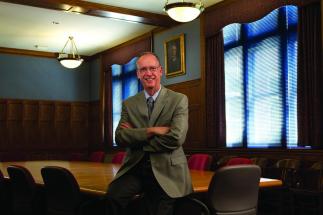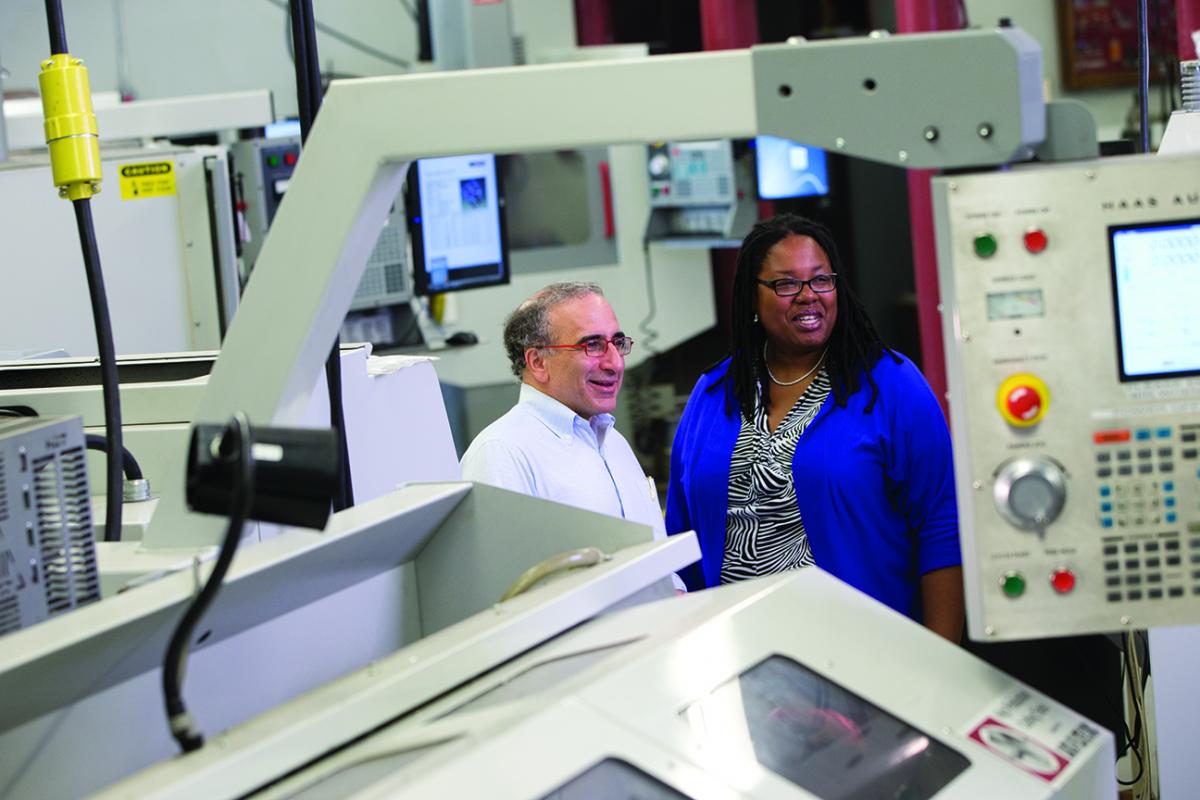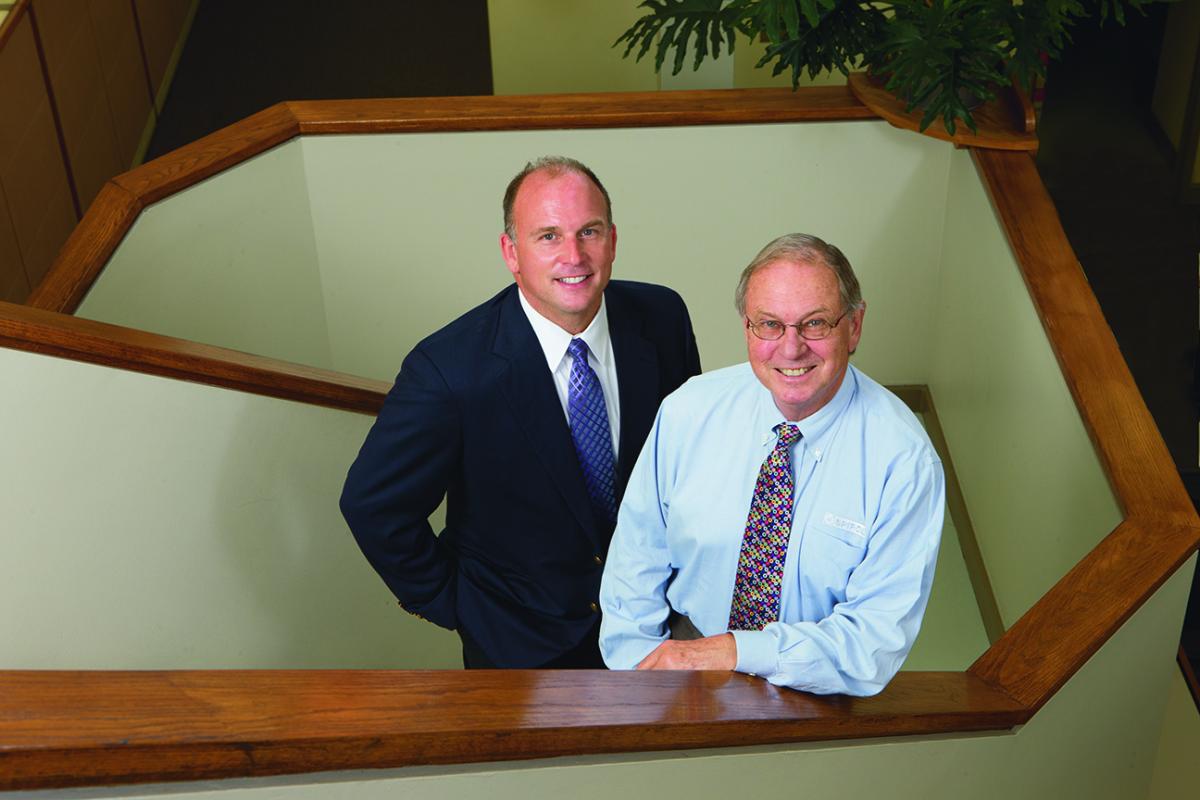MyTrips | Instructions
There are three essential steps to registering your travel:
Step 1: Create Your MyTrips Traveler Profile
Step 2: Create a Trip/Enter your Travel Itinerary
Step 3: Read your Pre-Trip Advisory (PTA)
Step 1: Create your traveler profile
This step is required before you can add a trip, and must be done online.
- Click on New User? Register Here to create your MyTrips profile.
a. Set up log-in credentials
- First & Last Name
- WPI Email Address
- A Password
- 2 Security Questions
NOTE: To use the same password for both your online account and the mobile app, follow this format:
- Must contain at least one capital letter
- Must contain at least one special character [@#$%^&+=_]
- Must be at least 6 characters
b. Check the ‘’I have read the privacy policy’’ & Click Submit
c. Check your WPI email inbox for a verification email from International SOS
d. Click on the link in the email and login into your MyTrips account using your log-in credentials.TIP: Username is your university email address.
2. Fill out the required user information in your MyTrips profile:
- Your university email address
- Home country (the country where you reside)
- Phone number of the mobile phone you’ll use while traveling
- Your employee or student ID number
- Personal emergency contact information
- Your department or school, and for students, your off campus program of travel (e.g. London IQP)
- Your role at the university
- Click ‘’Update’’ and you’re done!
Find full instructions in the User Guide on the ISOS website.
If you need Emergency Assistance: +1 215-942-8478
If you need Technical Assistance: +1 215-354-3862
If you need Technical support: +1 646-259-0477 or onlinehelp@internationalsos.com
Step 2: Create a trip/enter your travel itinerary
Two Options:
1. ENTER YOUR INFORMATION MANUALLY:
- At WPI MyTrips, Log in To Create a Trip or Update My Profile
- Enter your username and password. (Your username is your WPI email address.)
- Click on Create New Trip in the navigation bar.
- Enter the trip name or the confirmation number for your trip.
- Based on your itinerary details, start adding the trip segments by clicking the appropriate tab.
- Enter all other information requested, including purpose of your trip, whether you are traveling with someone else, emergency contact information in the country or countries you are traveling.
2. ENTER INFORMATION USING THE FORWARD ITINERARY FUNCTIONALITY:
The Forward Your Itinerary functionality provides a convenient way to submit your itinerary details to MyTrips by forwarding your itinerary via e-mail.
Forwarding your own travel itinerary:
If you have an e-mail with electronic data from your booking, (flight reservation, hotel reservation, etc.), forward your itinerary from your wpi.edu e-mail address to: WPITravel@itinerary.internationalsos.com for an automatic upload. If you booked your flights through your personal email account, you will need to forward the reservation to your WPI email address first.
Note: All attachments should be forwarded with the email. Do not edit the subject line.For the system to add your flight details, the flight details must be either in the body of the email, or the attachments which you forward.
It may take 30 minutes for your forwarded itinerary to appear in MyTrips. You’ll be notified via email (mytrips@travelsecurity.com) if your trip details were successfully loaded into the system or not. If the system was unable to add your trip details or if you require any assistance, please contact the support team at www.onlinehelp@internationalsos.com. (Links to an external site.)
Please note that if the system is unable to add your travel itinerary after using the Forward Your Itinerary option, you may be required to follow the link in the email you receive from mytrips@travelsecurity.com, which asks you to log into your MyTrips account, and add the details of your round trip flight manually by clicking ’Create New Trip’.
Note For GPP Students: *If your arrival and/or departure flights are not into the country and city of your Project Center you will have to log into your MyTrips profile, click ’’create new trip’’ and add Train or Ground transportation details to show when you will be arriving and departing from your Project Site.
Example: Copenhagen IQP - You book return flights to Stockholm and plan to take a train to Copenhagen. Add the train details in MyTrips to show estimate time and date of arrival and departure.
- Train Carrier: If not known - Default to ’’AccessRail Inc.’’
- Train Number: If not known - Default to ’’1234’’
- Departure City/Arrival City: Type the first letter of the city only and then select from the drop down menu
Forwarding a travel itinerary on someone else’s behalf:
Forward the itinerary to the traveler’s wpi.edu e-mail address and cc: WPITravel-To@itinerary.internationalsos.com
After creating your travel profile, you can update your information or add trips at WPI MyTrips.
Find full instructions in the User Guide on the International SOS website.
KEEP YOUR PROFILE UP TO DATE to ensure you receive essential medical and travel security advice during your trip.
Step 3: Read Your Pre-Trip Advisory
Once you have created your MyTrips user profile and forwarded your flight itinerary or manually created a new trip, you will receive your Pre Trip Advisory within 5 hours, via email (online@internationalsos.com). The Pre-Trip Advisory (PTA) will highlight the travel risks pertaining to your registered destination.
Note: GPP Students are required to electronically sign the PTA confirming receipt. GPP students must save the Compliance Tracker Form as a PDF, and upload it to their Pre-departure Canvas Course Assignment. Please see example of the Compliance Tracker Form below:



